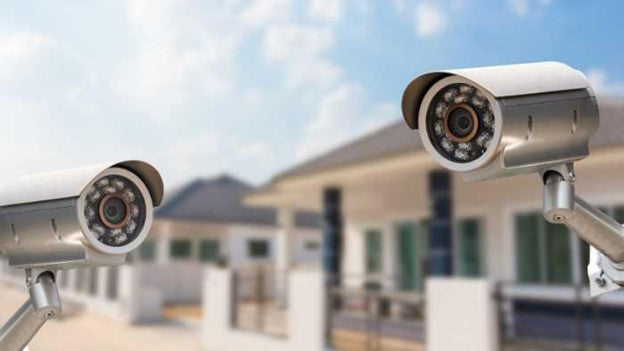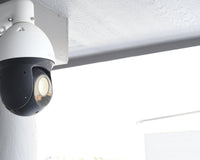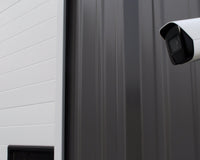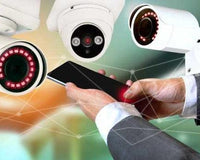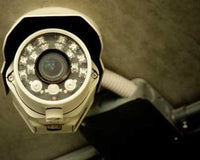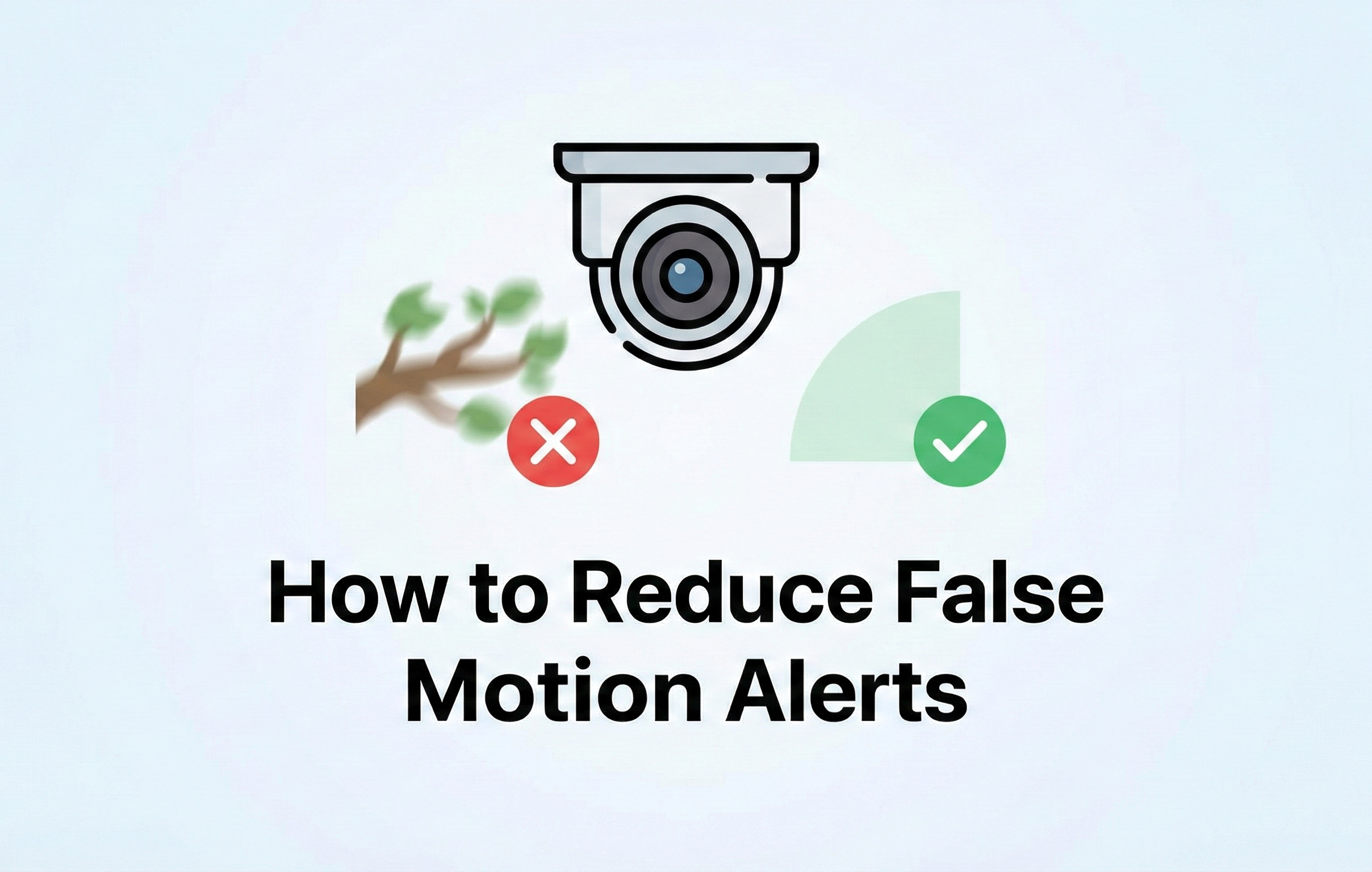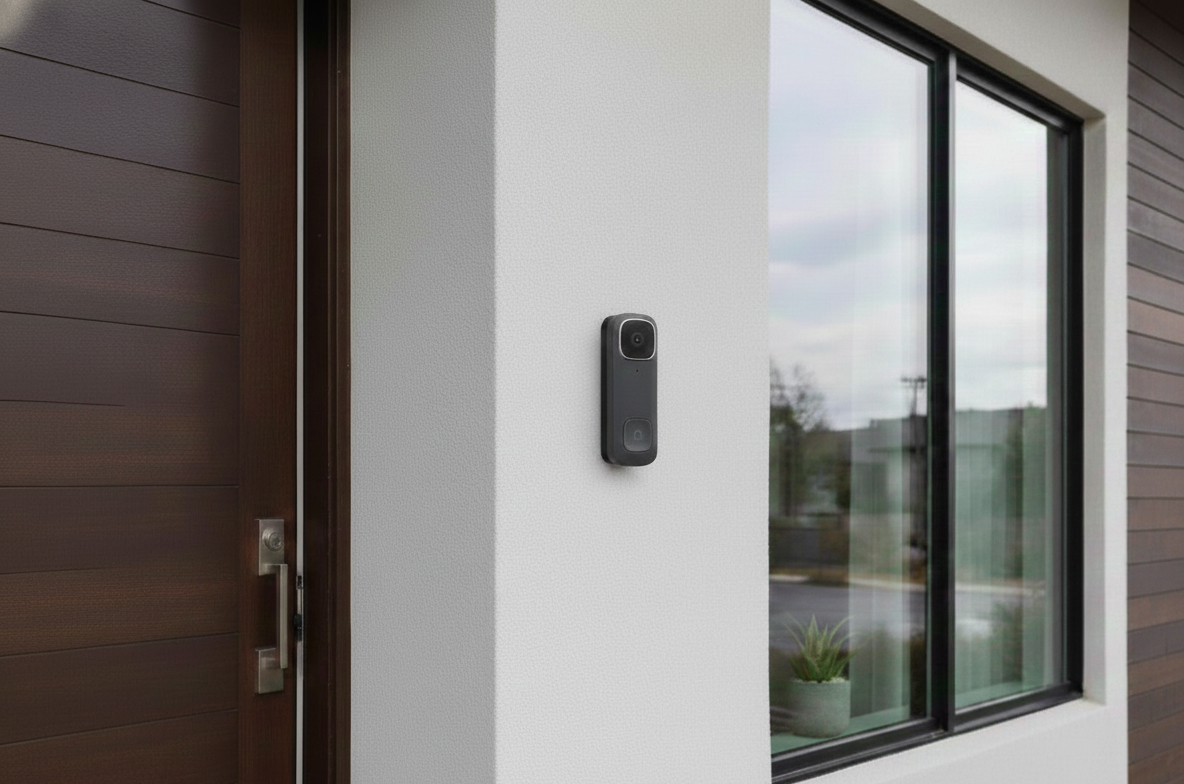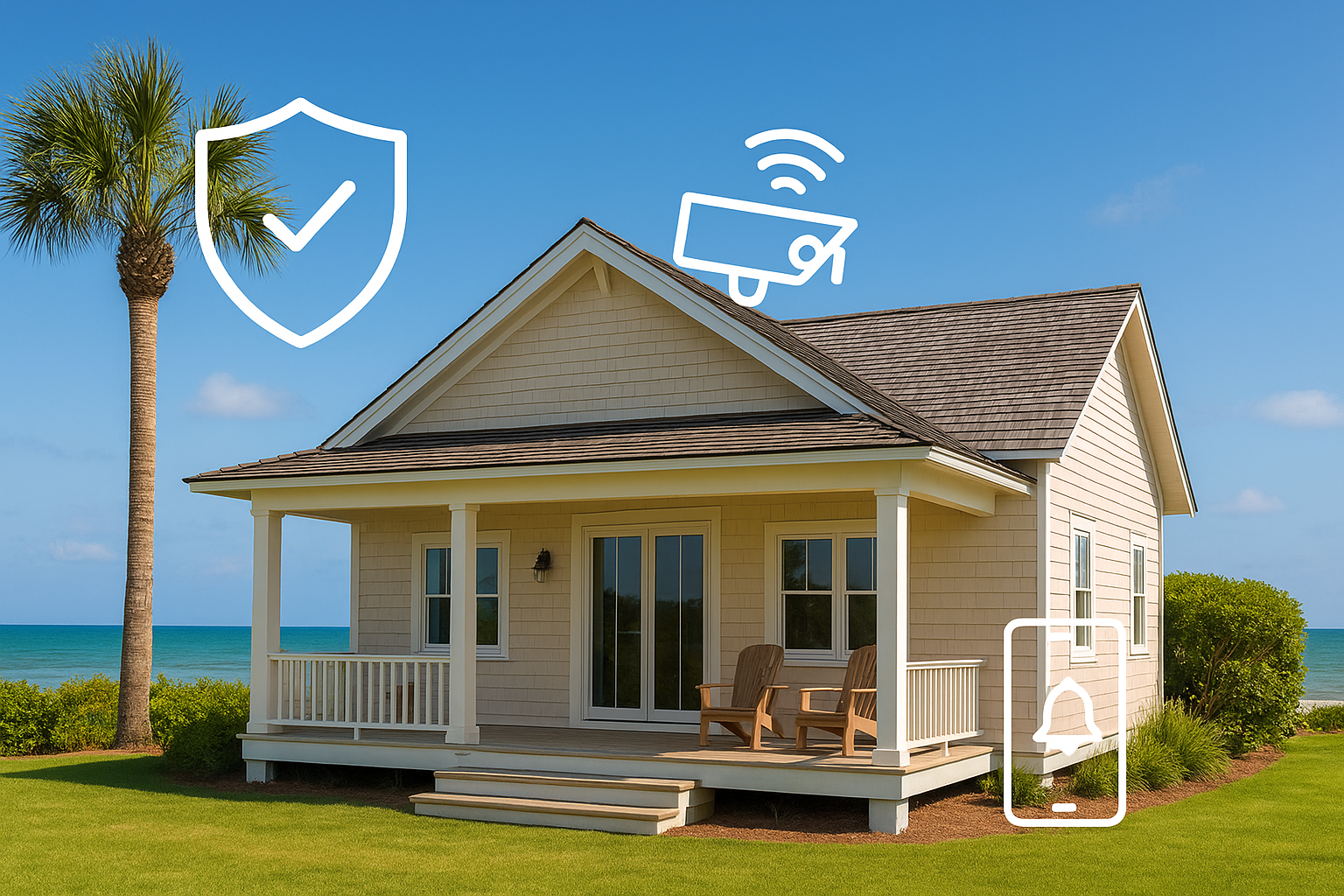In the US, wherever we go about our daily business these days, it appears that we will almost always be caught on camera.
For most law-abiding individuals, this seldom doesn't present an issue. Security cameras have become a fixture of our daily existence for many of us.
The question is, can I have security cameras outside my house?
In the United States, it's usually legal to set up a home security camera and record footage. Video recording is, however, subject to certain restrictions in the United States.
This means you can't make videos of individuals in areas where they have a reasonable expectation of privacy (e.g., restrooms).
Read our guide to learn more about the laws and legislation surrounding video surveillance at home.
Are Residential Security Cameras Legal in the US?
There is no federal legislation restricting when, where, or how often you should use security cameras. However, that does not imply that it is a free-for-all.
There are numerous national privacy and consent standards to consider. Furthermore, there are several local legislation in place, including many municipalities, counties, and states.
Federal Government Security Camera Law
There are national consent and privacy standards that apply to video surveillance, but there is no federal legislation regulating how a home security camera may be utilized.
There are also different guidelines for audio recording and video recordings.
Expectations Privacy Laws
In most cases, it is lawful to use a home security camera and film video on your own property in the United States.
However, US citizens are granted certain levels of privacy, which includes video recording.
You may not record individuals in locations that are generally considered private (e.g., the restroom). You also have the option of avoiding being filmed in those specific areas.
The following are the most common problem areas for security cameras:
- Bathrooms
- Dressing rooms
- Locker room
- Areas where people undress
- Toilets
- Bedrooms
Consent Laws
The other main concern with video recording is the issue of consent.
In order to avoid potential legal issues, it is best to get the consent of individuals that are being filmed by your security cameras.
There are a few different ways to do this:
- Display signs informing people that they are being recorded by hidden cameras or indoor cameras
- Have a conversation with individuals and inform them that they are being recorded by a surveillance camera
- Edit the footage to blur out faces or other identifying features
Local Security Camera Laws
Federal and state laws are not the only thing you need to be aware of when it comes to using security cameras. You also have to take into account any local legislation that might be in place.
For example, many municipalities have rules dictating where you can place security cameras.
It is also common for local laws to dictate how you can use the footage that you have recorded.
For instance, some cities might require you to get a permit in order to record video in public areas. Even outside of your drive or sidewalk, you could be breaking the law by not having a permit to use home security cameras.
Other municipalities might have rules about how long you can keep the footage or recordings of outdoor security cameras.
Some city ordinances also make it illegal to record audio without the consent of the person being recorded. These laws tend to be different to professionally monitored security systems.
Make sure to check with your local municipality to see what, if any, rules are in place regarding security cameras.
State Security Camera Laws
In addition to local laws, there are also state-level laws that you need to take into account.
These laws can vary significantly from state to state.
For instance, some states might have more stringent rules when it comes to consent or areas where you can install security cameras.
Other states might have laws that allow you to record video without consent as long as it is done in a public place.
Once again, it is important to check with your state's legislation to see what, if any, rules are in place regarding home security cameras.
When Can I Use Residential Security Cameras?
Now that we’ve answered the question “are residential security cameras legal?”, let’s take a look at when you can actually use them.
As we mentioned earlier, outdoor camera footage is classed as personal data. This means that you can only use it for the purpose for which it was collected.
For example, if you install security cameras outside your own property to deter burglars, you cannot then use the footage for any other purpose, such as marketing or research.
If you do want to use security systems for another purpose, you will need to get the explicit consent of the individual concerned.
It’s also worth noting that there are certain situations in which you can use home security cameras without the consent of the individual being recorded.
For example, if you are using surveillance cameras in a public place, such as a park or street, then you do not need to get the consent of those being recorded, including audio recording.
However, you should still make sure that your outdoor cameras are clearly visible and that there are signs informing people that they may be recorded.
When Are You Risking Breaking Home Security Camera Laws
Because surveillance equipment is generally easier to install at one's home than in a business, you may have a case for taking further action under completely separate regulations if your home installation hasn't been done correctly or is being utilized for something other than what it was intended.
If you have a security camera pointed directly at someone else's property, or if it is believed that it may capture part or all of a neighbor's property, they might be able to proceed under state or local peeping tom laws.
Additionally, if you have an indoor camera and it is positioned in such a way that it captures footage or audio of people inside your home without their knowledge or consent, they might be able to take action against you under state wiretapping laws.
They may have enough cause to claim that their privacy has been infringed, with your video surveillance cameras considered comparable to stalking and voyeurism.
If you can't come to an agreement on what video surveillance may see and if necessary, they will call the cops if you're not able to reach an agreement regarding the modifications.
What About A Hidden Security Camera?
In the US, it is legal to have a hidden security camera in your home without the consent of the person being recorded.
However, there are some exceptions to this rule.
For example, if you have a hidden camera in your bathroom or bedroom, then you could be breaking the law.
This is because these are considered to be private places where a person has a reasonable expectation of privacy.
It is also worth noting that some states have laws that specifically prohibit the use of hidden cameras.
So, if you are planning on installing hidden cameras, it is important to check the laws in your state first.
Frequently Asked Questions
Can a Neighbor's security cameras overlook my property?
Your neighbor can lawfully put up security cameras on their property, even if there are security cameras pointed at yours.
Even though your neighbor has the right to install a security system on his or her property, he or she does not have the right to film you or a neighbor's house without permission in places where there is a reasonable expectation of privacy.
Do you need permission to put up a security camera?
You generally don't need permission for installing a CCTV system unless your property is listed (when you'll need listed building consent) or if you're renting (when you should acquire permission from the building owner).
Are CCTV signs a legal requirement at home?
No. It's not necessary to post security camera recording signs, especially if the camera is out in the open in a public area. Businesses are more likely to have video surveillance signage than private residences.
If you want to avoid any potential consent difficulties (particularly if your state demands it) by posting a sign, it may be worth your time.
Can my Neighbor's Security Cameras Cover My Yard?
If your neighbor's have a security camera aimed to part or all of your yard, they may be in breach of your state's voyeurism laws.
You may be able to take action under the legislation if you believe your privacy has been infringed.
Can a law enforcement officer demand my video footage?
No. The photographs taken from your home security camera are the property of you and/or your family.
If law enforcement requests access to video for an investigation, you have the right to refuse it.
Conclusion
As you can see, there are a number of different laws and regulations to take into account when using security cameras.
While there is no federal law dictating how to use them, there are many privacy and consent standards that you need to be aware of.
You also have to take into account any local or state laws that might be in place.
Make sure to do your research before setting up any security cameras outside your house.

